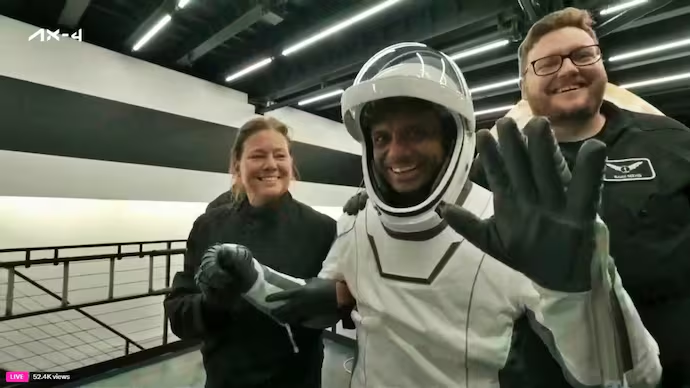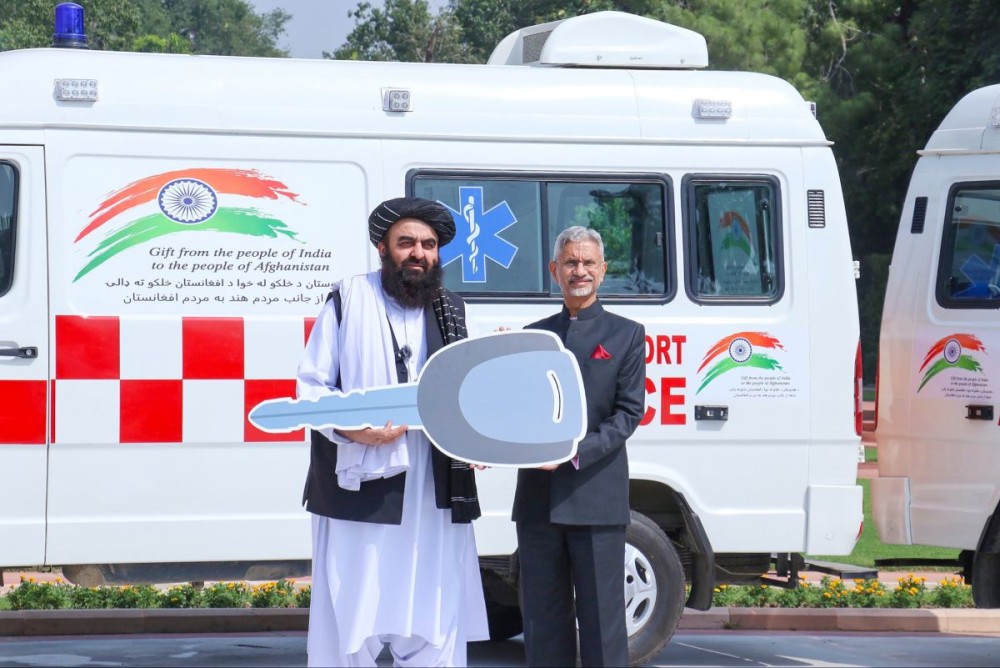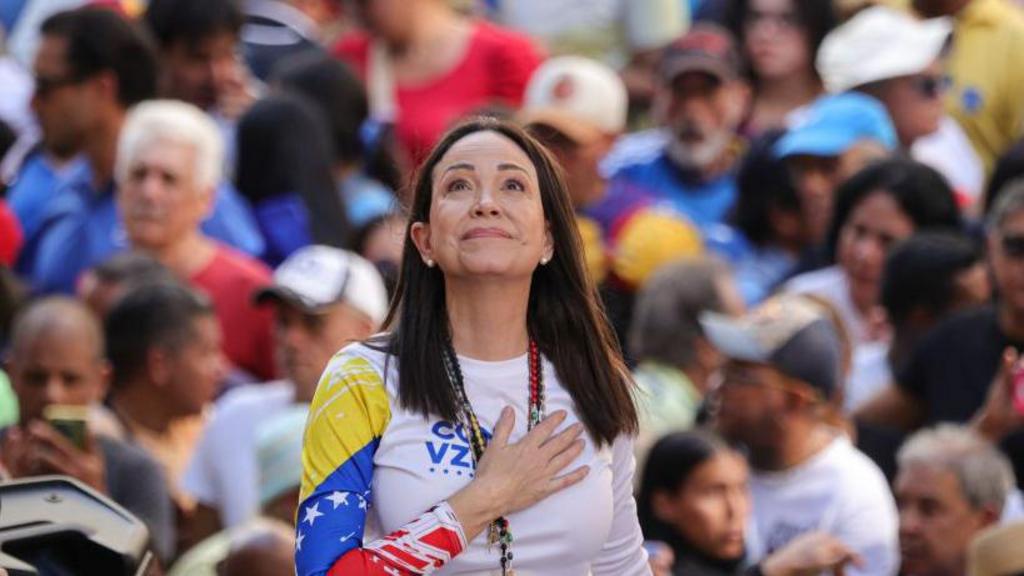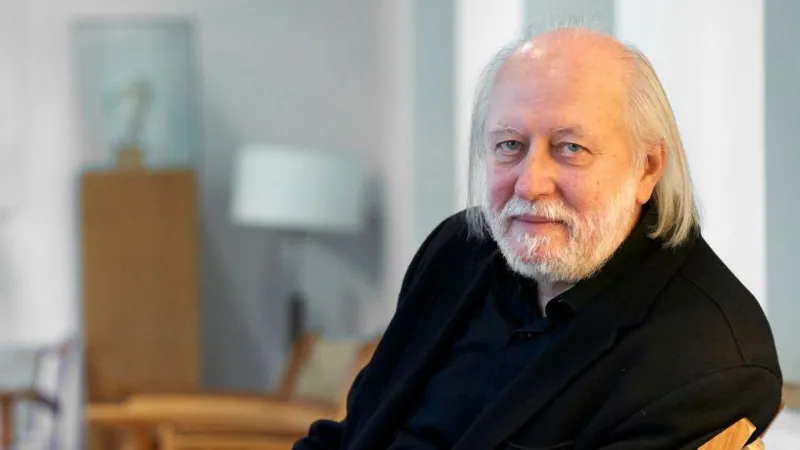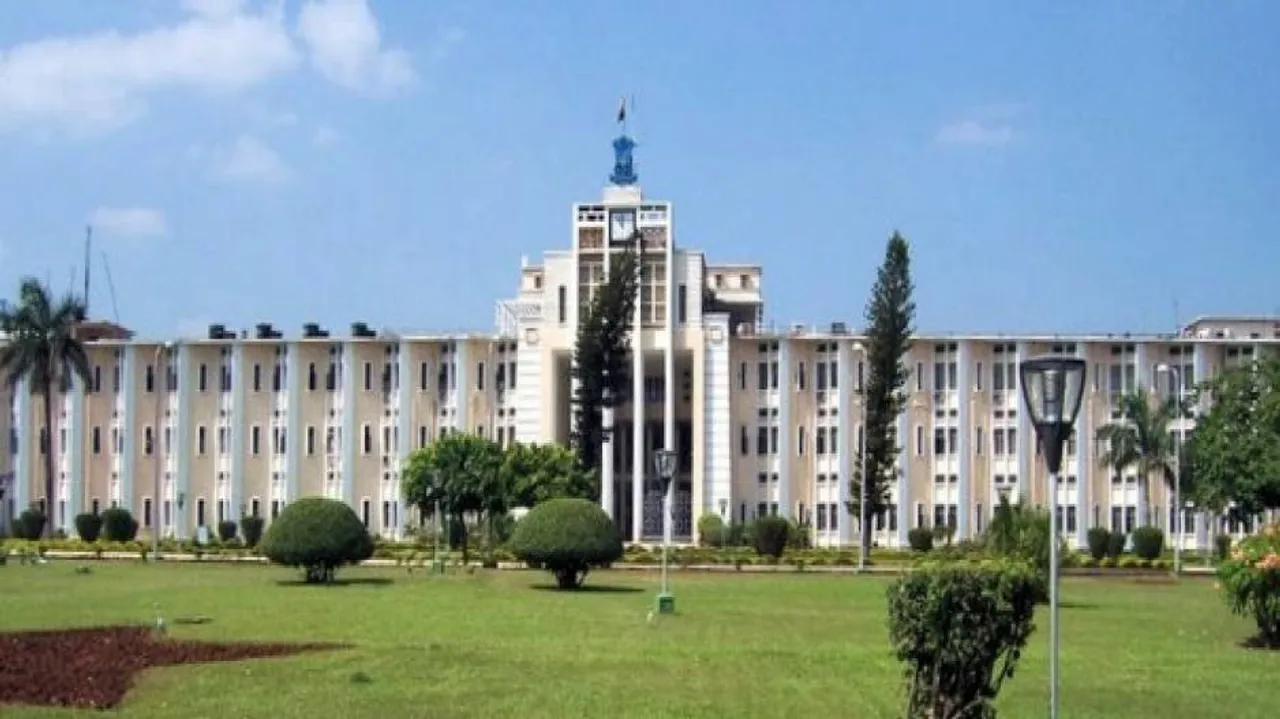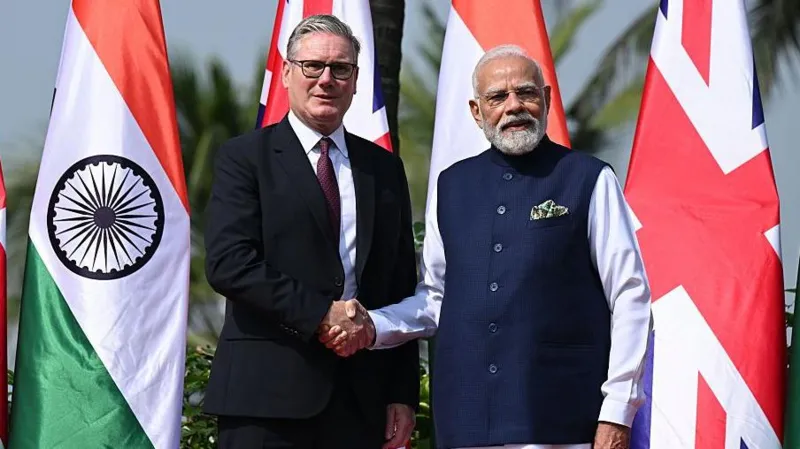New Delhi — Group Captain Shubhanshu Shukla, India’s trailblazing Gaganyatri, has safely returned to Earth after completing a landmark space mission aboard the International Space Station (ISS). He is the first Indian astronaut to visit the ISS and only the second Indian in history to journey into space, following Wing Commander Rakesh Sharma’s mission in 1984.
Group Captain Shukla was part of Axiom Mission 4 (Ax-4), a joint spaceflight organized by Axiom Space in collaboration with NASA and ISRO, which cost India approximately $70 million.
The SpaceX Crew Dragon capsule “Grace” carrying Shukla and three other astronauts safely splashed down in the Pacific Ocean, off the coast of San Diego, California, at around 3 PM IST on Monday. He was assisted out of the spacecraft roughly 50 minutes later.
India Celebrates Historic Space Return
Welcoming the astronaut back home, Prime Minister Narendra Modi praised Shukla’s contribution to India’s space dreams.
“I join the nation in welcoming Group Captain Shubhanshu Shukla as he returns to Earth from his historic mission to Space. As India’s first astronaut to have visited the International Space Station, he has inspired a billion dreams… It marks another milestone towards our own Human Space Flight Mission – Gaganyaan,” the PM posted on X (formerly Twitter).
Shukla will return to Delhi on August 17, as confirmed by Union Minister Jitendra Singh.
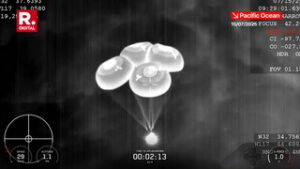
Mission Milestones and International Crew
Group Captain Shukla spent 18 days in space, completing 288 orbits around the Earth and covering 12.2 million kilometers. His crew included:
-
Commander Peggy Whitson (USA)
-
Mission Specialist Slawosz Uznanski-Wisniewski (Poland)
-
Mission Specialist Tibor Kapu (Hungary)
The Ax-4 mission marked the first time in over four decades that astronauts from India, Poland, and Hungary simultaneously journeyed into space and lived aboard the $150-billion orbiting ISS.
Scientific Breakthroughs Aboard the ISS
During his stay, Group Captain Shukla conducted seven India-specific microgravity experiments, focusing on long-duration space habitation, human physiology in space, and advanced materials testing.
These experiments will yield critical data for India’s future interplanetary and manned missions, significantly contributing to the Gaganyaan programme, which aims to launch an Indian crewed spacecraft soon.
Axiom Space hailed the mission as a scientific and diplomatic success, strengthening India’s global space presence and fostering international collaboration.
What’s Next for Group Captain Shukla
Upon return, Shukla will undergo a week-long medical rehabilitation to help his body readjust to Earth’s gravity. This is a routine procedure for astronauts after long-duration space missions.
India’s successful presence aboard the ISS further positions the country as an emerging space superpower, building on ISRO’s legacy of Chandrayaan, Mangalyaan, and now its human spaceflight ambitions.
Key Highlights:
-
Second Indian in space, first to visit the ISS
-
Spent 18 days in space, 12.2 million km travelled
-
$70 million mission, organized via Axiom Space
-
Part of Axiom Mission 4 (Ax-4) with astronauts from USA, Poland, and Hungary
-
Conducted seven India-specific experiments
-
To return to Delhi on August 17, post-rehabilitation


